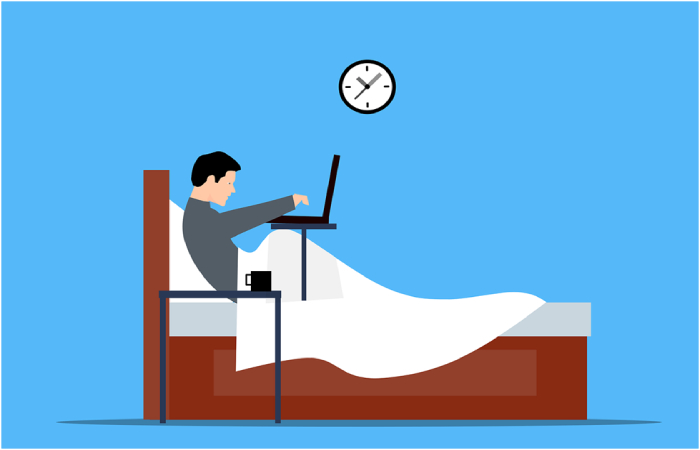Follow Up This Top 4 Tips To Reduce Your Sleep Problems

Despite the fact that rest is inconceivably vital to being a working citizen, many individuals have inconvenience with regards to rest. It is possible that they don’t get enough, or the rest they truly do get basically isn’t extremely tranquil. This can leave individuals feeling drained, ineffective, upset, and, surprisingly, wiped out.
Millions from one side of the planet to the other arrangement with a rest related issue or the like. Be that as it may, in the event that you’re encountering some rest related issues, fortune has smiled on you. This article will cover four hints that make certain to assist you with dozing better every single evening.
Table of Contents
Get a Better Mattress
Periodically, the way in to an evening of better rest is a quality sleeping cushion. You consider it for 8 hours consistently, and assuming it is old as well as uneven, you ought not be amazed that you are encountering dozing issues. In the event that you apparently can’t rest soundly, quite possibly the earliest thing to contemplate is supplanting your bedding.
Make sure you look for cozy firm mattresses that provide enough support, while also being comfortable enough for your needs. Think about evaluating various sorts (from adaptive padding to plastic froth, to innerspring) to see which is appropriate for you. Numerous producers offer a time for testing of half a month (or longer) that permits you to test the sleeping cushion and guarantee it addresses your issues and helps its better.
Ensure Your Environment is Right
Your resting climate likewise assumes a significant part by they way you rest. A disappointing climate can prompt resting issues, while an ideal climate can make them rest soundly. Your rest climate comprises of things like your bed, how splendid your room is, the sounds in your space, and that’s just the beginning.
You maintain that your covers and pads should be agreeable, your space to be dull and your home to hush up. The more settled your current circumstance, by and large the better you will rest. Also, make sure the temperature in the room is satisfactory. Many people struggle when their room is too hot or cold, so keep it at a consistent temperature that is right for you.
Avoid Bright Screens Before Bed

Most of us are around screens during most of our days. We use them to work, to communicate, and to entertain ourselves. However, if you want to improve it, you generally want to avoid using these in an hour or so before bed. This is generally because of the relationship between blue light and sleep.
This blue light is energizing and can keep you awake, and we’ll make it harder for your body to transition to sleep. If you do need to use your device, try to utilize dark mode, or turn down the brightness significantly. There are also blue-light blocking glasses that you can wear in order to help with your eye strain and how much this light impacts you.
Also Read: How Mental health Affects your Skin?
Be Careful With Your Napping
To work on your rest around evening time, make certain to cautious with rest. While you don’t have to dispense with resting by and large, make certain to submit to these snoozing do’s and don’ts. You ought to constantly keep rests short and never do them any later than the early evening.
Extended rests or rests at night, can make it a lot harder to nod off around evening time. At the point when you rest, attempt to nod off rapidly and consider setting a clock to ensure you don’t sleep late. If you can avoid napping altogether it’s generally better, but if you suffer from a lack of it or other issues, they can be helpful in ensuring you are well-rested.
By following these four tips, you can reduce your its-related problems and have longer and more high-quality sleep at night.


